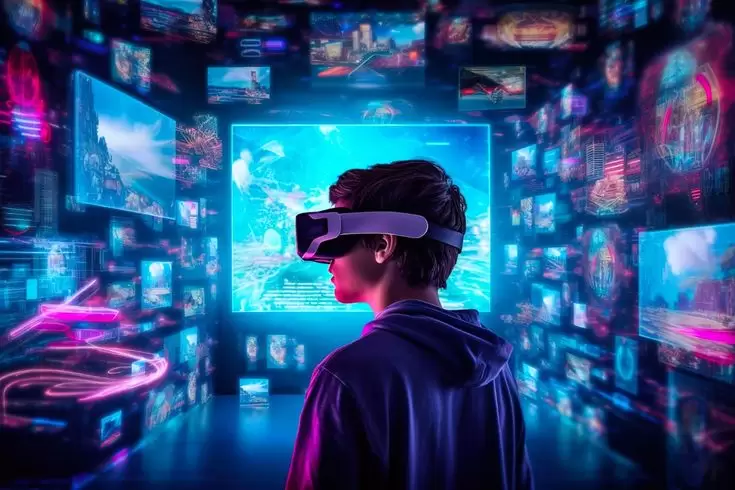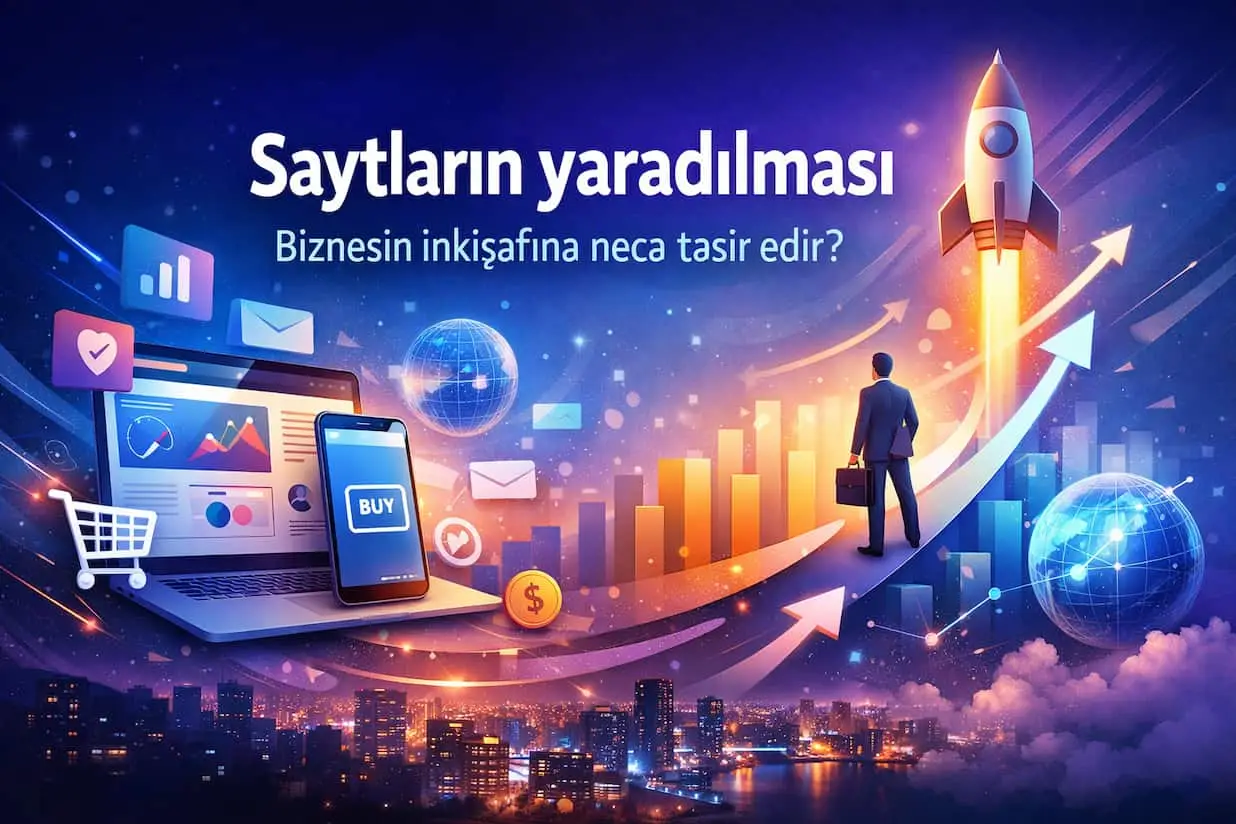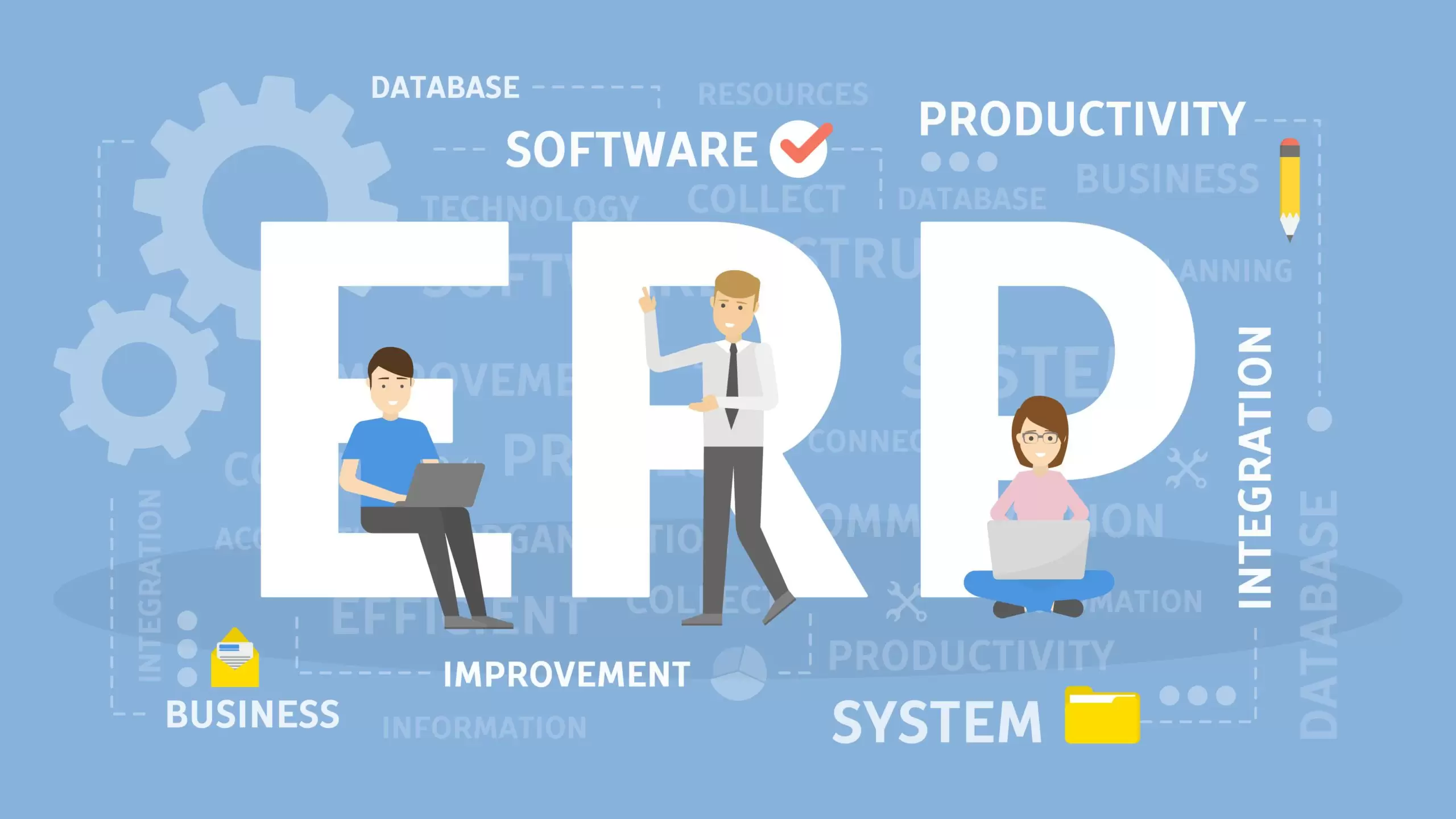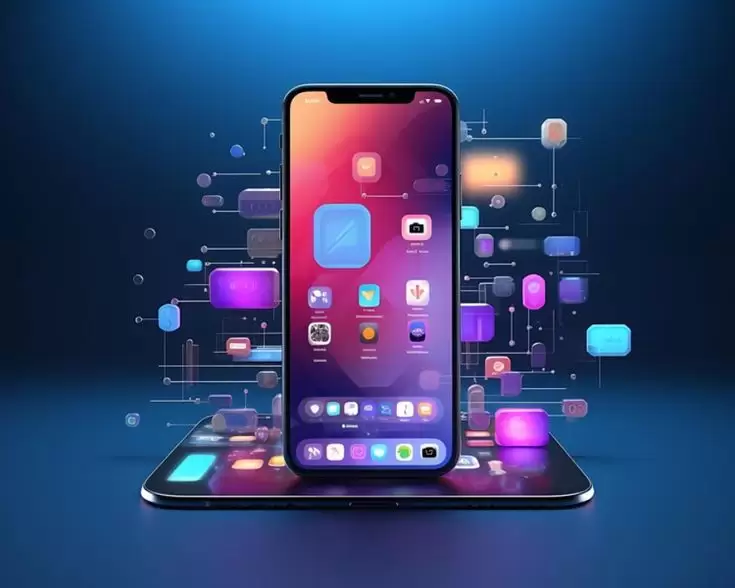20.02.2025
1271

What is the Metaverse?
The Metaverse is a digital universe where users can interact, work, and entertain themselves in a fully immersive virtual space. It is built on blockchain, virtual reality (VR), augmented reality (AR), and artificial intelligence (AI) technologies. The Metaverse creates an interconnected digital ecosystem, offering new possibilities for social interaction, business, and entertainment.
Difference Between Virtual Reality (VR) and the Metaverse
While the terms Metaverse and Virtual Reality (VR) are often used interchangeably, they have significant differences:
The Development of Metaverse and Virtual Reality
The concept of the Metaverse became widely recognized in 2021 when Facebook rebranded as Meta, but the idea has been evolving for years.
🔹 Blockchain and NFTs: The Metaverse allows users to own digital assets such as virtual land, avatars, and clothing through NFTs (Non-Fungible Tokens).
🔹 Virtual Workspaces: Companies like Microsoft and Nvidia are building virtual offices and 3D collaboration platforms for businesses.
🔹 Education and Healthcare: VR-based learning models, surgery simulations, and mental health therapy are gaining popularity in the Metaverse.
Applications of Metaverse and VR
🔹Gaming and Entertainment: Players can experience fully immersive environments in games such as Roblox, Fortnite, and Decentraland.
🔹Business and Conferences: The Metaverse enables virtual meetings, networking events, and remote workspaces without geographical limitations.
🔹E-Commerce and Fashion: Brands are opening virtual stores where customers can buy NFT-based clothing and accessories.
🔹Education and Research: Schools and universities are incorporating VR and AR for interactive and hands-on learning experiences.
The Future of Metaverse and Virtual Reality
🔹Full Immersion Technology: Future VR devices will offer more realistic sensations, including haptic feedback for touch interaction.
🔹Blockchain and Web 3.0 Integration: The next phase of the Metaverse will focus on decentralization and security through blockchain technology.
🔹Smart City Integration: The Metaverse will play a role in managing smart city infrastructures and digital urban simulations.
Metaverse and Virtual Reality are revolutionizing industries, from business and education to healthcare and entertainment. As these technologies continue to evolve, they will redefine how we communicate, learn, and interact with the digital world.


